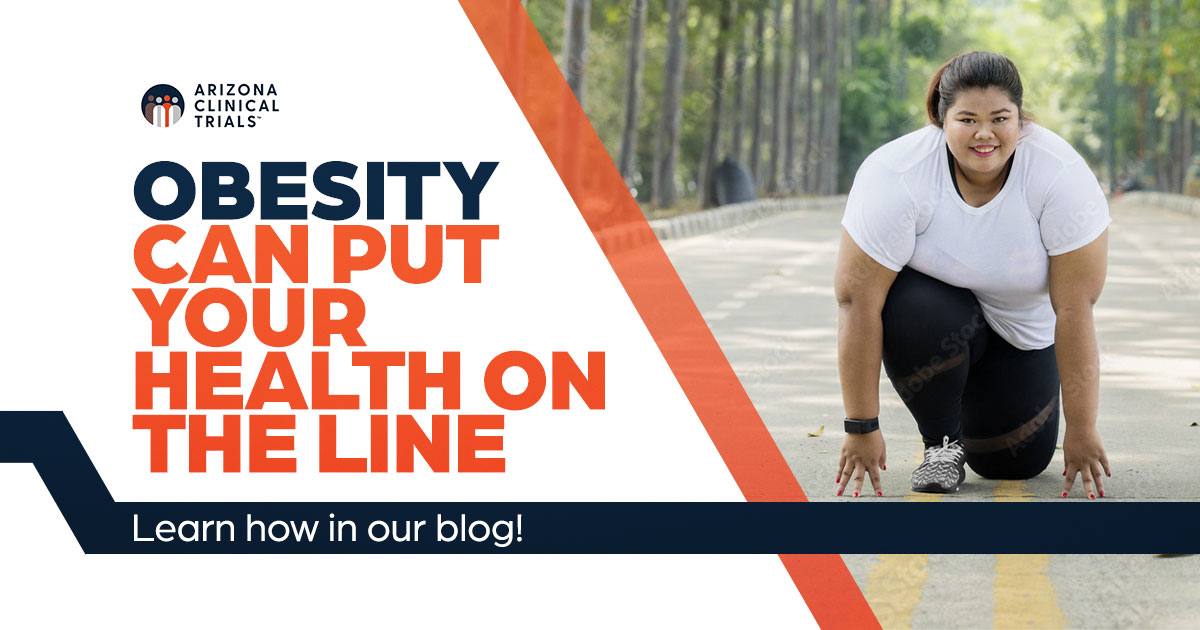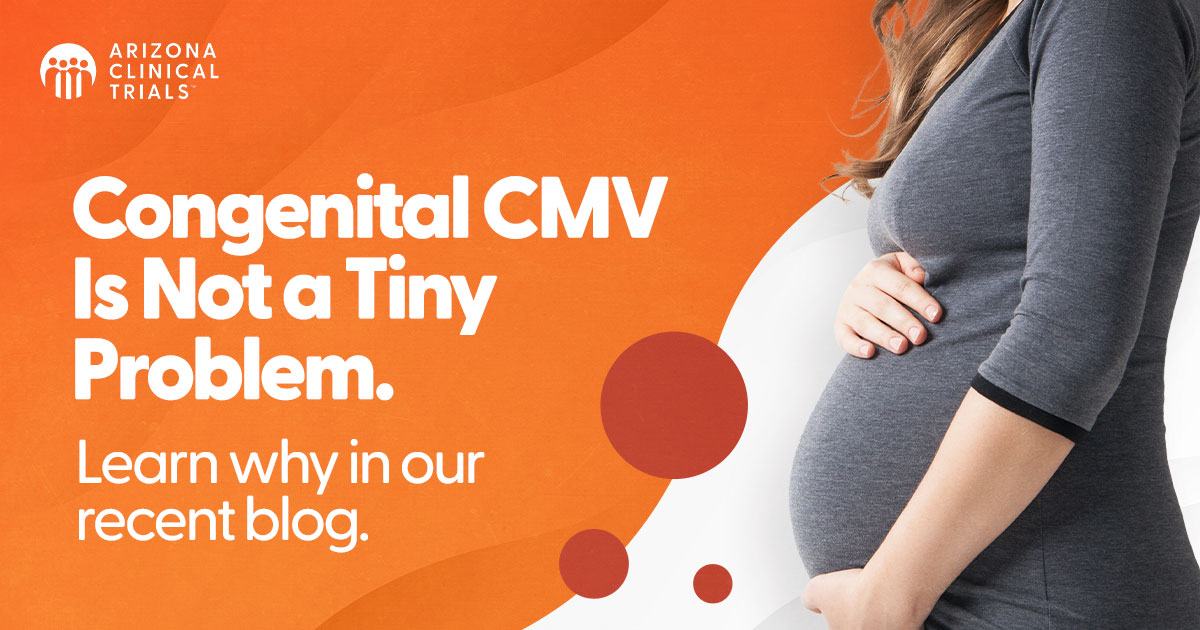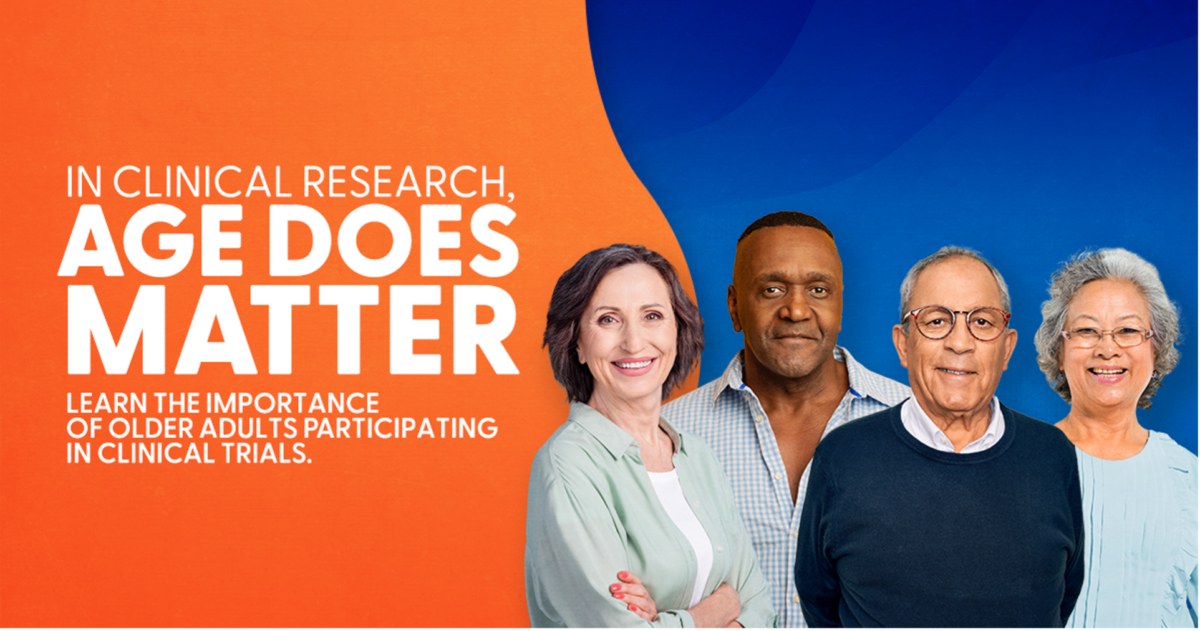49.2% of the U.S. population is fully vaccinated against COVID-19 at the current writing of this blog. After months of decline, new cases are rising again. In part, thanks to things like the delta variant, vaccine hesitancy, and July 4th gatherings. If anything, the rise in cases should solidify the fact the COVID-19 is still prevalent. Therefore, we should still know the symptoms and when to get tested at the very least. So, here’s your updated refresher.
COVID-19 Symptoms
COVID-19 has a wide range of symptoms. Some only get mild symptoms, and others develop severe illness. Symptoms typically appear anywhere from 2-14 days after exposure to the virus. Common symptoms include:
- Fever or chills
- Cough
- Shortness of breath or difficulty breathing
- Fatigue
- Muscle or body aches
- Headache
- New loss of taste or smell
- Sore throat
- Congestion or runny nose
- Nausea or vomiting
- Diarrhea
As far as the delta variant, we are still learning about it. Unfortunately, this means there is a limit to the information available. We know that it seems to spread faster than the alphavirus variant first detected in Wuhan, China. So far, studies suggest that authorized vaccines offer strong protection against severe disease and death from the delta variant. As scientists and researchers continue efforts to understand these variants better, more information will become available.
When to Test, and When not To.
Anyone should undergo testing who is experiencing symptoms, regardless of their vaccination status. Other situations warrant testing if you don’t have COVID-19 symptoms. According to the CDC, if you don’t have symptoms and are not fully vaccinated, you should still be tested if you:
- Had close contact with someone with confirmed COVID-19, This is including someone who does not have symptoms within ten days of their positive test result.
- Are an individual who’s taken part in activities that put you at higher risk for COVID-19. Attending large social or mass gatherings or being in crowded indoor settings are examples.
- Belong to a prioritized group for expanded community screening for COVID-19.
- Have been asked or referred to get testing by your school or workplace. If you are a healthcare provider or a member of a state, tribal, local, or territorial health department.
You can find the interim recommendations for fully vaccinated individuals here.
Are you Experiencing COVID-19 Symptoms?

If you’re experiencing COVID-19 symptoms, we can test you for FREE here at Arizona Clinical Trials. Those with a positive test may be eligible to participate in enrolling COVID-19 clinical trials. Don’t delay; we can test you today! Call (480) 360-4000 to schedule your appointment, or visit our website to learn more!
Sources:
https://www.cdc.gov/coronavirus/2019-ncov/symptoms-testing/symptoms.html
https://www.worldometers.info/coronavirus/
https://www.cdc.gov/coronavirus/2019-ncov/symptoms-testing/testing.html
https://www.washingtonpost.com/health/2021/07/07/delta-variant-covid/


